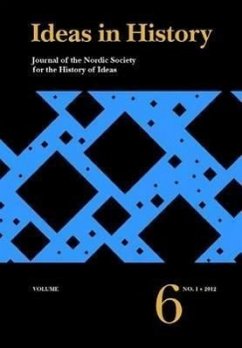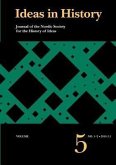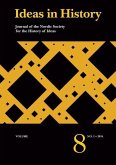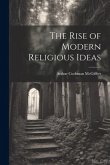Ideas in History is the result of collaborative efforts among nearly a dozen universities and colleges throughout the Nordic countries. The purpose of these initiatives is to further awareness of research, resources and activities in the field of intellectual history in the Nordic countries as well as internationally. The journal aims to create a meeting ground for the study of ideas in historical context across disciplinary, geographical and institutional boundaries. Ideas in History welcomes interdisciplinary approaches to intellectual history at the same time it acknowledges specific traditions in the field. Ideas in History seeks a pluralism of methodological approaches to intellectual history: reflections on the field, historical contexts studied, subject matter for intellectual-historical investigation, critical understandings of relations between the intellectual past and present as well as the comprehension of culturally, politically and geographically diverse intellectual traditions. Contents in Vol. 6:1: Note from the Editor's Desk; Mikkel Thorup, Speaking the Bomb: Karl Heinzen and the Invention of Terrorist Language; Ben Dorfman, The Way of Alienation: The Problem of Philosophy of History and Historical Change in Human Rights; Benjamin C. Sax, Genealogy and Truth; Elisabeth Stubb, Intellectuals Occupying the Seats of Court: The Engagement of a European Cultural Elite in the Finnish Question at the Turn of the Twentieth Century.
Hinweis: Dieser Artikel kann nur an eine deutsche Lieferadresse ausgeliefert werden.
Hinweis: Dieser Artikel kann nur an eine deutsche Lieferadresse ausgeliefert werden.









